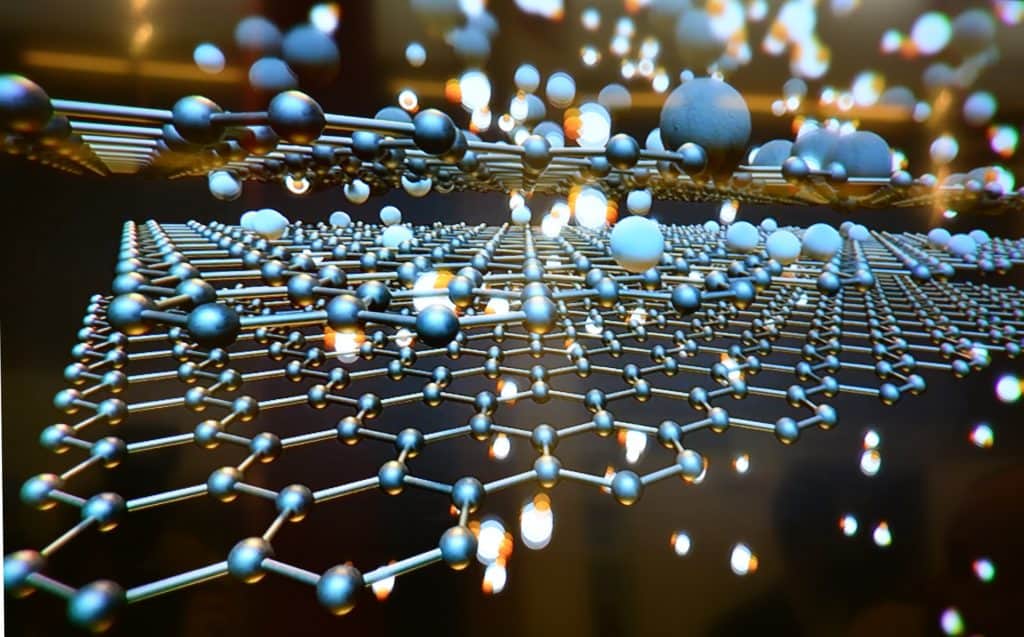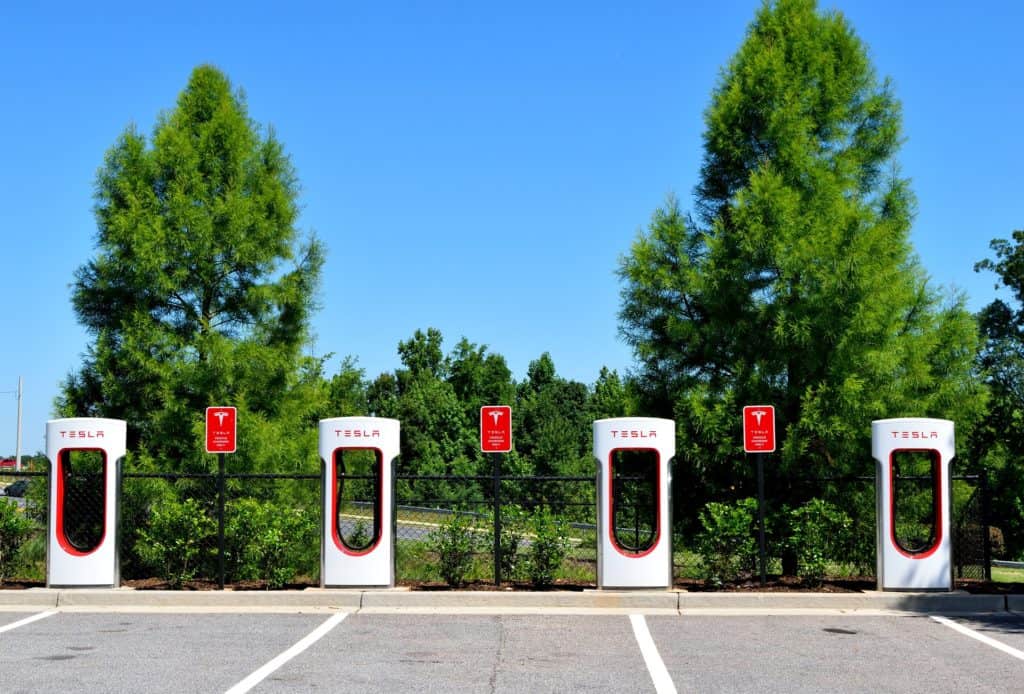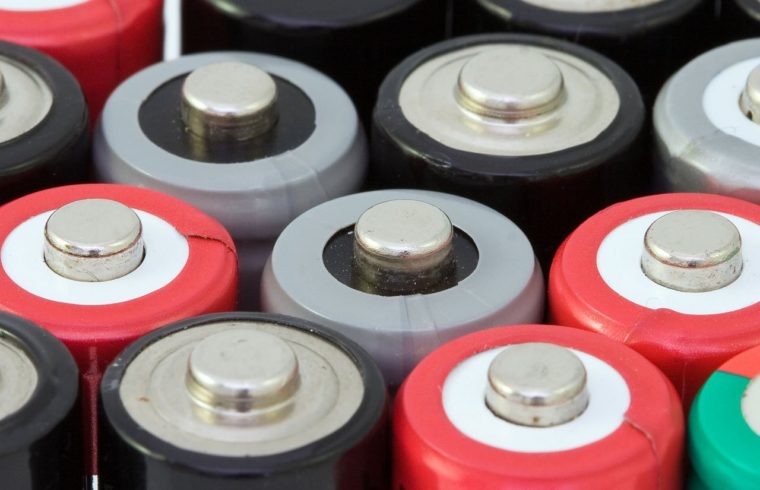It is futile to even ask that, do you want to charge your smartphone, laptop, tablet or other gadgets battery once and it lasts a lifetime? The answer is of course, Yes!!!
You know how frustrating it is to be in the middle of something and your screen starts to show a circle, shutting down!!! You may end up messing an important presentation or miss and important call before you plug in to charge your device.
Now imagine a World where batteries don’t exist, a World where you don’t have to worry about recharging your electronic gadgets after every few hours. Wouldn’t that be amazing?
While it may be some time before we get such batteries that can last decades, researchers have made important progress in the making that technology a reality.
Golden nanowires, one thousand times thinner than a human hair holds the key to such reality.
Golden nanowires has great potential for future battery. But there’s just one problem, these gold nano wires always break after a certain number of charging cycles. However, researchers from the University of California may have found a solution to this problem. What they discovered is that when these nanowires are coated with electrolyte gel their reliability was improved dramatically, in fact these batteries were tested by being recharged over two hundred thousand times over a three-month span and they showed no loss of power. By contrast laptop batteries today lasts for about three hundred cycles before their capacity for holding charge is diminished by a whopping 80%.
This breakthrough could lead to laptop, smartphone and tablet batteries that last for the devices entire lifetime. Given the amount of time this battery could potentially continue to hold the charge, it could theoretically power your laptop or cell phone for up to four hundred years, just theoretically. In other words, the batteries of the future may outlive the humans who are using them. Despite their effectiveness. Golden nanowire gel batteries probably won’t flood the market anytime soon.
But don’t worry there are other options. Graphene batteries have the potential to be one of the most superior alternatives.

One company has developed Graphene batteries that could offer electric cars a driving range of up to five hundred miles on a single charge. These batteries can be charged to full in just a few minutes. They can charge and discharge thirty-three times faster than the present lithium-ion batteries. Fisker Corporation being the closest to using the Graphene battery for its car but for time being dropped for traditional lithium Ion batteries. Soon Fisker, as well as Tesla, may adopt Graphene batteries powering their cars.
Also read:
- Nuclear Fusion breakthrough – Sun on Earth hotter than original Sun
- Robot farming, AI and technology fusion for future
An Israeli company Storedot Ltd. has developed the next generation of the flash battery based on nanotechnology with new organic compounds. This battery works with current smartphones and uses biological semiconductors made from naturally occurring organic compounds nano peptides which are short chains of amino acids and are the building blocks of proteins. With this technology, the company was able to make the charger that can recharge smartphone in a mere sixty seconds. The battery is comprised of non flammable organic compounds so there should be no issues with exploding like in Samsung Note phones in the past. The company has also revealed plans to build a battery for electric vehicles that charges in five minutes and offers a range of 300 miles independently.
A Japanese company named Power Japan Plus has launched a new battery that charges up to twenty times faster and lasts longer than lithium ion batteries. The company boasts that electric vehicles with the ability to drive three hundred miles or four hundred eighty kilometers on a single charge may soon be a reality. This dual carbon battery is cheaper safer and one hundred percent recyclable thus making it an attractive option that could bring high performance electric cars to the market more quickly.
Batteries that last decades at a time won’t be here for a while but the intermittent progress made by scientists and engineers make certainly ensures that it is not too long.











